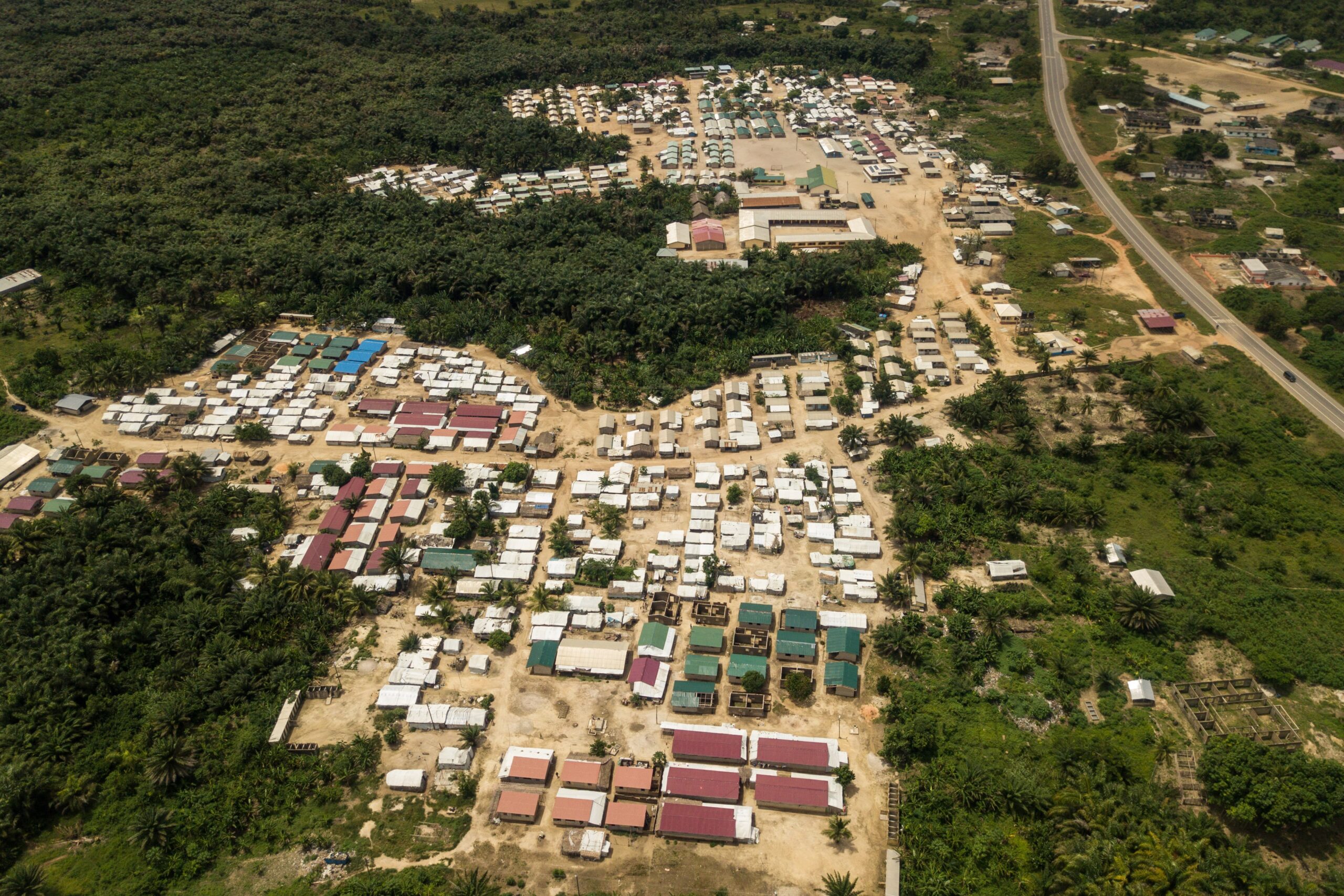
Ghana’s oil scene, since commercial discovery in 2007 and subsequent commercial production in 2010, has seen giant International Oil Companies (IOCs) make several expressions of interest with some success stories. Recognizable names including Tullow Oil Plc (Tullow), Anadarko Petroleum, Kosmos Energy, Sabre Oil and Gas, and E.O. Group are familiar IOCs in Ghana’s oil terrain. Recently, Exxon Mobil and Aker Energy (takeover from Hess) have been welcome additions to the list.
Upstream contracting is governed by the Petroleum Production and Exploration law. Before the commercial discovery, the country operated an open-door policy to drive investment attraction into the oil sector. It was an administrative measure where companies gained access to oil blocks on a first-come first-served basis.
However, it was found post-discovery that the adequacy of industry regulations for upstream contracting was lacking and thus necessitated a review of the existing law – Petroleum (Exploration and Production) law, PNDC Law 84. This birthed the current E&P law – Oil Exploration and Production Act (Act 919 –2016), passed in 2016.
For the sake of attracting and sustaining interest in the country’s nascent oil industry, it was considered that change in the contracting practice, particularly introducing transparency in the award process was crucial.
This was also anticipated to curb a surging scramble for blocks by new entrants and marginal field developers in the oil industry, whose technical and financial capacity to deliver on their contractual obligations was subject to questioning.
Non-Performing Agreements;
The result of existing contracts undertaken with the open-door policy was a disturbing culture of non-compliance with contract obligations. Most of the firms did not honor their contract agreements with the country.
Though some of the companies blamed their inability to perform on a preliminary ruling of the International Tribunal for the Law of the Sea (ITLOS) placing an injunction on field operations in the disputed area of a maritime dispute between Ghana and Ivory Coast, the status of non-performance remains the same two years after the ruling of the tribunal in Ghana’s favor.
Even companies outside the disputed area also failed significantly to deliver on their obligations. This failure has been attributed to a direct function of non-enforcement of the contract terms by the government.
Energy think-tank Africa Centre for Energy Policy notes that the “approach used for awarding the existing contracts and subsequent monitoring glorify inefficiency and deprive the country the opportunity to produce more oil to meet national objectives of oil production such as raising the needed capital for development financing, local content development, among others. This, therefore, requires immediate action by governments to change the trend.
“Fortunately, the current E&P Act provides an efficient processes of competition and transparent direct negotiation for the award of blocks. This should prompt the government to reclaim nonperforming contracts and subject them to the new law.”
Licensing Round 2018;
The government of Ghana, on 15th October 2018, launched the first ever oil and gas Competitive Licensing Round Bid Evaluation and Negotiation (LRBEN) in the country as part of measures to inject more transparency into the sector.
This was in direct fulfillment of the new E&P law which requires that the allocation of new exploration rights to prospective investors be done through an open, fair, transparent, and public bidding process, a departure from the erstwhile open-door policy.
This competitive bidding process formed part of a series of future oil and gas licensing rounds initiated by the government to exploit the country’s oil blocks to reach the estimated production of 100 million barrels of crude oil per day.
Six oil blocks, all in the Tano /Cape Three Points (Western Basin) were put on offer. Three (3) blocks were offered through competitive tendering, for which interested investors had to go through the bidding process to be allocated the right to exploit the country’s oil blocks. A block was subsequently allocated to the National Oil Company (GNPC).
The other two blocks were set aside for direct negotiation with competent companies with a proven track record of work in ultra-deep waters. As of 21st December 2018, sixty (60) applications had been submitted for pre-qualification.
Challenges;
Though infused with a more transparent contract award process, the new E&P law, in efforts to promote local participation, unwittingly presented another challenge – a requirement demanding that for every oil block farmed out to an International Oil Company, five (5) percent be reserved for a local partner.
This challenge came to the fore during a deep-water exploration contract the government recently signed with oil major ExxonMobil, where getting a financially and technically capable local company to take on the 5% stake became a real drill.
Industry experts pinpoint the reasons for this: the country has not been able to develop any local players in the upstream sector, save Springfield, and the local private sector does not have the capacity for the kind of investment involved, reasons the Energy Minister, John Peter shares.
Emmanuel Kuyole of the Centre for Extractives and Development believes that while it is expedient for the government to encourage local participation in the upstream sector, it may have to consider another approach.
“I don’t think the idea of having Ghanaian participation in every single block, regardless of the risk, is the way to go. The cost and experience required are such that it is difficult to get a local private entity to take such a risk.
We can be selective and very deliberate, and we can identify fields where the risks are so low and, with the support of GNPC, help local players to acquire the skills and technology required in upstream operations.”
In this regard, therefore, there is a need for improved technology; improved skills, and improvement in all the items and facilities necessary to lift the oil. As such, “instead of insisting on a local partner in every single block, the GNPC could carry local players in less risky blocks to help them build capacity.
Way Forward;
Regarding non-performing contracts, ACEP advised the government to, as a matter of importance, immediately review existing petroleum agreements and their deliverables to ensure that those who are not complying with their minimum work obligations are sanctioned. This action should be taken openly and transparently to assure prospective investors that sanctions are being applied to genuinely defaulting companies.
GNPC, as the National Oil Company, should be firm and demand compliance with minimum work obligations. If contractors fail to deliver on their work program at any particular phase, GNPC should demand the payment of the unspent balance of the minimum expenditure requirements. Government should also initiate a bipartisan conversation about the level of investment it wants GNPC exposed to in the explorations and production business.















Leave a Reply